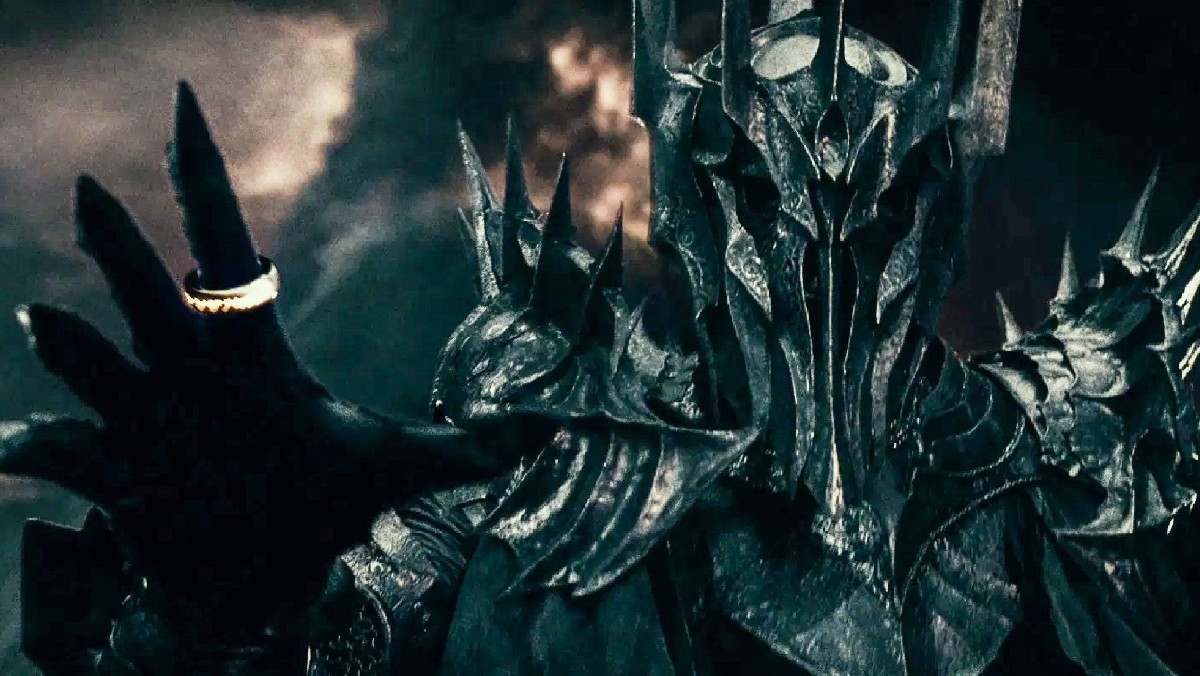Aldarion
 Archmage
Archmage

Sauron and Saruman – the Tragedy of Good Intentions
Unlike Morgoth and his existential nihilism, Sauron and Saruman are both a case study of how good intentions lead to evil. Both Sauron and Saruman are the Maiar of Aule. This may in fact be the roo…
 fantasyview.wordpress.com
fantasyview.wordpress.com
Unlike Morgoth and his existential nihilism, Sauron and Saruman are both a case study of how good intentions lead to evil.
Both Sauron and Saruman are the Maiar of Aule. This may in fact be the root origin of their mistake: the tendency to look at the world, society and even individuals as nothing but machinery that operates according to strict and easily understandable laws. By this logic, anything that causes disruption or chaos, anything unpredictable at all, is by its very nature a mistake. Because chaos causes harm, pain, and even destruction. It can lead to creation of many things, but also to their destruction; it can lead to progress, but also to regression. In order to remove the pain, inefficiencies and “mistakes”, to create safe and productive life, chaos must be replaced by order.
Natural conclusion of this logic is that the free will itself is a mistake. Free will creates chaos, inefficiencies and mistakes, because people are not the same. Thus, in order to create this perfectly functioning machine, free will itself has to be removed and subdued – and this is what both Sauron and then Saruman set out to do.

 Istar
Istar
 Myth Weaver
Myth Weaver